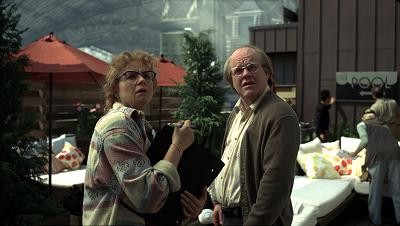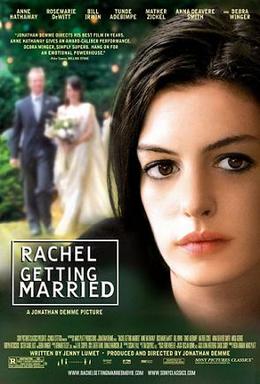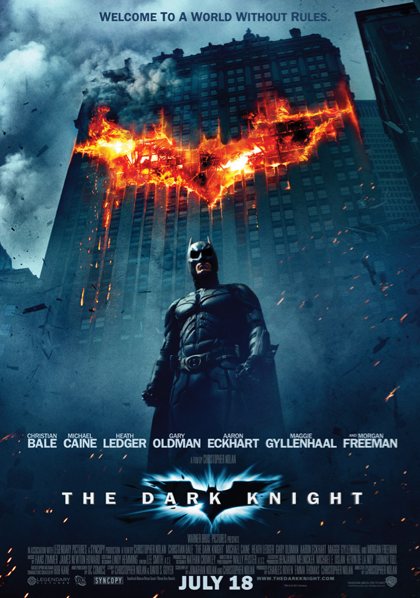So I figure the best way to start this whole thing would be with a listing of my twenty-five favorite films (I was going to do write ups for all 25, but I'm lazy). I'm not going to give detailed write-ups yet, this is more of a "getting to know me" type of deal. I will be adding full reviews for many of these movies at a later date.
25. "Day for Night"
24. "Wild Strawberries"
23. "Amarcord"
22. "The Big Lebowski"
21. "Pan's Labyrinth"
20. "Taxi Driver"
19. "Closely watched Trains"
18. "Stroszek"
17. "Through a Glass Darkly"
16. "Children of Men"
15. "The Good The Bad and The Ugly"
14. "Persona"
13."Being John Malkovich"
12. "Pulp Fiction"
11. "2001 A Space Odyssey"
10. L'avventura (Antonioni '60) A huge part of why this film connected with me was because it seemed like the type of thing I would write. Obviously I couldn't write like this in terms of quality, just in the sense of the rambling narrative that seems to forget its original point when necessary, which is why this film is so interesting.
9. "8 1/2" (Fellini '63) 8 1/2 is the greatest movie ever made about the movies, but it is certainly not just about movies. This is a film about the creative process and trying to live your life in the difficult modern world. It also features a great performance from Marcello Mastroianni, who may be my favorite actor and one of the best supporting casts of all time.
8. "Rashomon" (Kurosawa '50) Kurosawa's take on the nature of truth succeeds on every visual level and features one of the greatest performances from Toshiro Mifune, Kurosawa's greatest actor.
7. "The Lord of the Rings" trilogy (Jackson '01-'03) they were written and filmed as one film, so I'm going to count them as one. Simply, these were the movies that made me love movies, and I will always love them for that.
6. "The Godfather" (Coppola '72) This is one of the most beloved films of all time for a good reason. From the brilliant opening, hiding the shadiness of the whole operation behind the classic party sequences through Michael's tragic transformation at the end, this is a classic in every way, and no other crime film has ever reached this level.
5. "Aguirre: The Wrath of God" (Herzog '72) Do you like "Apocalypse Now?" If so, than this is the film for you. It's hard to find any modern film with a jungle setting that doesn't take some sort of visual cue from Herzog's masterpiece, which is highlighted by yet another brilliant performance from his muse/mortal enemy, Klaus Kinski.
4. "Apocalypse Now" (Coppola '79) Coppola's final great film is the war film to end all war films, which is odd, because it isn't really a war film at all. War may be the basic plot, but there is so much more, and that is why is is such an important work.
3. "Fanny and Alexander" (Bergman '82) Bergman's greatest work is best viewed in its five hour long television version, not the three hour theatrical one, but both are brilliant takes on love, faith and family.
2. "Dr. Strangelove or: How I Learned to Stop Worrying and Love the Bomb" (Kubrick '64)- Kubrick's true masterpiece is my favorite comedy, and it features what is probably the single greatest script of all time, challenged only by "Network."
1. "The Werckmeister Harmonies" (Tarr '00)- In my mind, this is the single most beautiful film ever made. The second the opening sequence (
link) was over, I knew it would take this spot.
 I don't really want to write a full review of Scott Derrickson's remake of Robert Wise's 1951 film The Day The Earth Stood Still. They clearly didn't put a full effort into this film, so I won't put one into the review. You all know the story. Klaatu (Keanu Reeves), an alien ambasador, comes to earth with his robot Gort, and they try to get the humans to stop their destructive ways (nuclear weapons in the original, global warming here). He meets a widow and her young stepson (Jennifer Connelly and Jaden Smith), who try to help him escape from various government figures-both good and bad (Kathy Bates, Kyle Chandler and Jon Hamm among others), and with the help of an eccentric professor (John Cleese), try to convince Klaatu to not kill all humans.
I don't really want to write a full review of Scott Derrickson's remake of Robert Wise's 1951 film The Day The Earth Stood Still. They clearly didn't put a full effort into this film, so I won't put one into the review. You all know the story. Klaatu (Keanu Reeves), an alien ambasador, comes to earth with his robot Gort, and they try to get the humans to stop their destructive ways (nuclear weapons in the original, global warming here). He meets a widow and her young stepson (Jennifer Connelly and Jaden Smith), who try to help him escape from various government figures-both good and bad (Kathy Bates, Kyle Chandler and Jon Hamm among others), and with the help of an eccentric professor (John Cleese), try to convince Klaatu to not kill all humans.



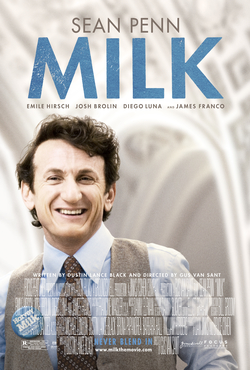
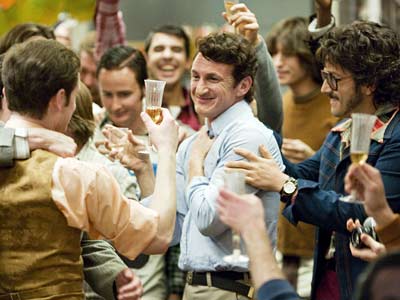

 Their "Millionaire" set really does look exactly like ours
Their "Millionaire" set really does look exactly like ours

 Craig and
Craig and 


